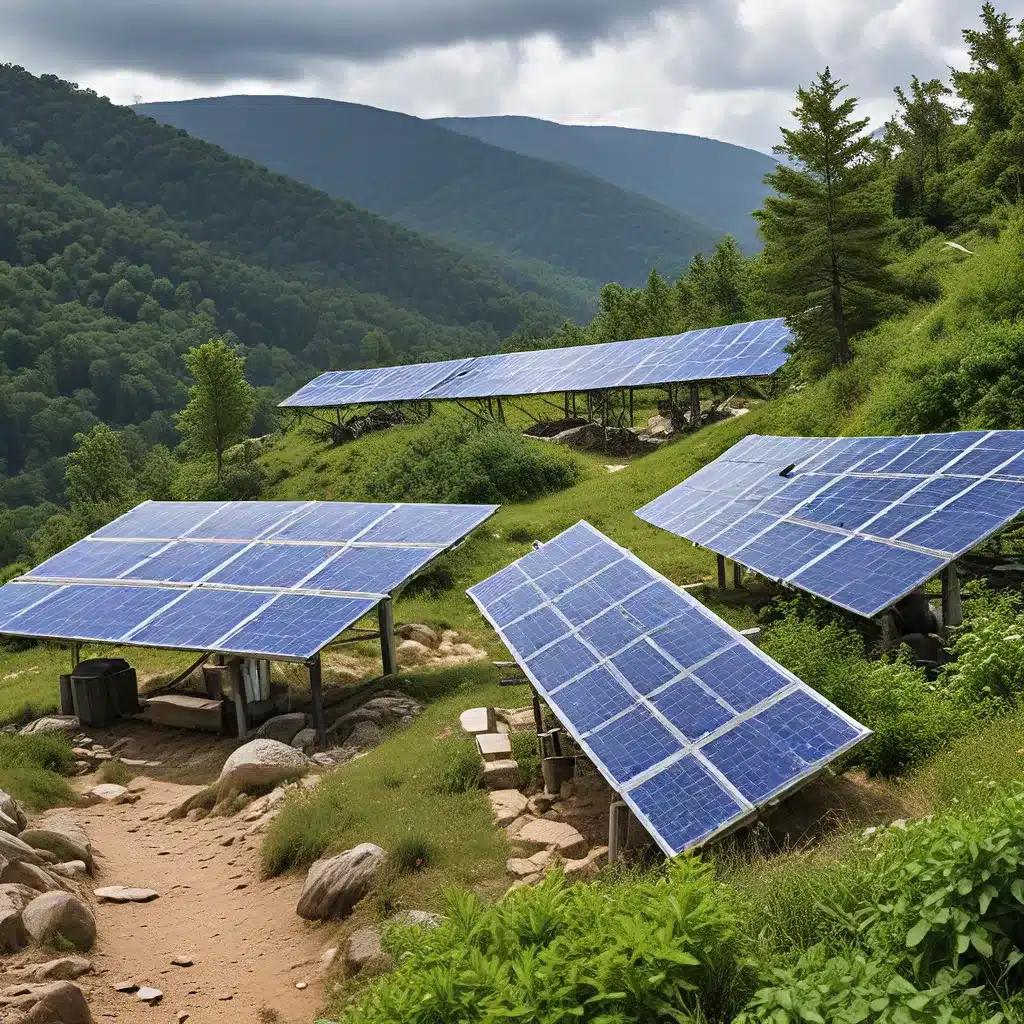
As I embark on this journey into the realm of eco-travel, I can’t help but feel a sense of excitement and wonder. In a world where environmental challenges seem to loom larger every day, the concept of sustainable tourism has emerged as a beacon of hope – a way for us to explore the wonders of the world while actively contributing to the preservation of our planet’s delicate ecosystems.
At its core, eco-travel, or sustainable tourism, is all about minimizing our environmental impact while fostering social and economic benefits for local communities. It encourages us to embrace responsible travel practices that prioritize the well-being of the natural world and the preservation of cultural heritage. As I delve deeper into this topic, I’m struck by the profound impact that eco-friendly travel can have on our planet.
The Rise of Eco-Conscious Travelers
Gone are the days when travel was solely about ticking off bucket list destinations or indulging in lavish experiences. Today, an increasing number of travelers are seeking ways to explore the world while actively contributing to its protection. These eco-conscious travelers are driven by a desire to reduce their carbon footprint, support local economies, and ensure that the natural wonders they witness today will be available for future generations to enjoy.
This shift in mindset is not only admirable but also necessary. As the environmental challenges we face become more apparent, it’s our responsibility as global citizens to find sustainable solutions that balance our wanderlust with the preservation of our planet. And that’s precisely where eco-travel comes into play.
Principles of Sustainable Tourism
At the heart of eco-travel lies a set of guiding principles that aim to create a harmonious relationship between travelers, local communities, and the environment. These principles include:
-
Minimizing Environmental Impact: Eco-travelers strive to reduce their carbon footprint by opting for modes of transportation that have a lower environmental impact, such as walking, cycling, or using public transportation. They also choose accommodations and activities that prioritize sustainability, such as eco-lodges, renewable energy-powered facilities, and low-waste initiatives.
-
Supporting Local Economies: Sustainable tourism encourages travelers to engage with and support the local communities they visit. This can be done by patronizing local businesses, purchasing handcrafted goods, and participating in cultural experiences that provide economic opportunities for the residents.
-
Preserving Cultural Heritage: Eco-travel respects and celebrates the unique cultural traditions of the destinations it explores. Travelers are encouraged to learn about and immerse themselves in the customs, arts, and histories of the places they visit, ensuring that these valuable aspects of human civilization are preserved for future generations.
-
Conservation of Natural Resources: Sustainable tourism recognizes the importance of protecting the natural wonders that draw travelers to a destination. Eco-conscious travelers support initiatives that safeguard local ecosystems, wildlife, and habitats, ensuring that these precious resources remain intact for years to come.
Eco-Friendly Accommodations and Experiences
As the demand for sustainable travel options continues to grow, the tourism industry has responded with a range of eco-friendly accommodations and experiences. From solar-powered resorts to zero-waste glamping sites, the choices for the eco-conscious traveler are abundant and diverse.
One innovative example is the Firewinder – a sustainable resort that combines renewable energy solutions with a stunning natural setting. By harnessing the power of wind and solar, the Firewinder offers visitors the opportunity to immerse themselves in the beauty of the outdoors while minimizing their environmental impact.
Another exciting development is the rise of ecotourism activities, which allow travelers to engage with local communities and contribute to conservation efforts. These can include everything from guided hikes through protected wilderness areas to hands-on workshops in sustainable agriculture or artisanal crafts.
The Impact of Eco-Travel
The widespread adoption of eco-travel has had a profound impact on our planet. By embracing sustainable tourism practices, travelers are actively contributing to the preservation of the natural world and the well-being of local communities.
Environmental Impact: Eco-conscious travelers who choose to reduce their carbon footprint, support renewable energy initiatives, and participate in conservation efforts are making a tangible difference in the fight against climate change. Their actions help to protect fragile ecosystems, preserve biodiversity, and mitigate the negative effects of human activity on the environment.
Economic Impact: Sustainable tourism provides economic opportunities for local communities, empowering them to develop their own businesses and industries. This, in turn, helps to reduce poverty, enhance social welfare, and foster a sense of pride and ownership among residents.
Cultural Impact: By immersing themselves in the cultural traditions of the destinations they visit, eco-travelers help to preserve and promote these valuable aspects of human heritage. This exchange of knowledge and appreciation fosters cross-cultural understanding and strengthens the bonds between travelers and local communities.
The Future of Eco-Travel
As the world continues to grapple with the pressing challenges of climate change and environmental degradation, the importance of sustainable tourism only seems to grow. Experts suggest that the future of eco-travel will likely involve even more innovative and impactful solutions, as researchers and industry leaders collaborate to push the boundaries of what’s possible.
Some exciting developments on the horizon may include the integration of advanced renewable energy technologies into eco-lodges and tourism hubs, the expansion of regenerative travel initiatives that actively work to restore natural habitats, and the emergence of AI-powered platforms that help travelers plan and book their eco-friendly adventures.
While the path ahead may not be entirely clear, one thing is certain: the rise of eco-conscious travelers has the power to transform the tourism industry and, ultimately, contribute to the long-term sustainability of our planet. As I wrap up my exploration of this fascinating topic, I’m left with a renewed sense of hope and a deep appreciation for the positive impact that sustainable travel can have on our world.
So, who’s ready to embark on an eco-adventure?

